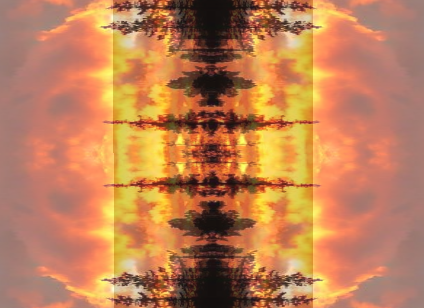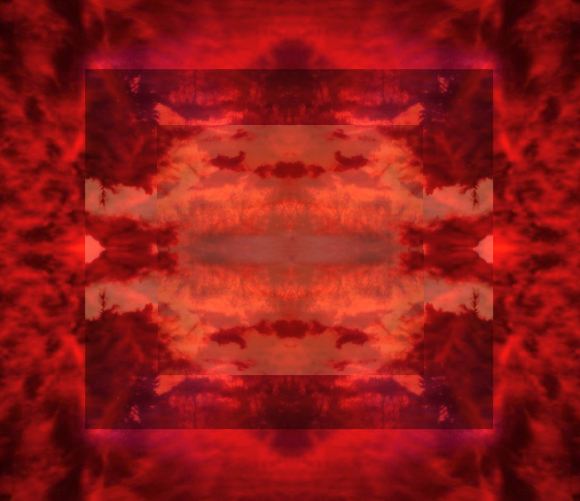In my last post, I have started critical discussion of Jung’s line of thought in the Grundproblem lecture, and particularly the first step: a statement of a philosophical view called phenomenalism.
3. Perhaps it’s worthwhile to pause for a moment and ask about the status of this argument. There’s a variety of ways we might understand it.
We could read it as a sweeping metaphysical stance: the only reality is psychological episodes (particular experiences); but then we might tread more cautiously and say that, although there could be any number of ontological categories (kinds of things that are “real”), the only one we have access to, and therefore can have knowledge of, is that of psychological episodes — thus take it as ontological modesty resulting from an epistemological finding; or finally, we might restrict our conclusions to methodology: the only way to get going is with an analysis of particular experiences, with the potential consequence that secure knowledge may be at least partially impossible, not to speak of ontological claims. Which of these was Jung endorsing?

Unsatisfactory as this may be, I don’t think there is a clear answer here. Jung’s choice of terms (particularly the frequent use of “real”) may point to the first variety. But he also seems to veer into epistemology sometimes (viz. “Alles, was wir je wissen können” above; see also PJC 114: “Gewiß ist die Psyche unser einziges Instrument der Erkenntnis”; my emphasis), and in the correspondence with Pauli he endorses positivist critiques of “metaphysical statements” (PJC 101). This could indicate something more in line with the second variety. Yet strictly speaking, the title of the lecture refers to psychology as a field, and Jung frequently declares that he is interested only in the fundamentals on which his field rests, and doesn’t want to take a position on views in others (such as philosophy or theology). Thus his use of the term “real” may well have been, in Jung’s understanding, restricted to the practical purposes of psychology and psychotherapy, and we may read the sentence at the end of § 680 in this light: “Auf diese Realität kann sich der Psychologe berufen” (my emphasis). “Reality”, then, would be a merely technical term to be used in psychology, thus phenomenalistically understood as roughly co-extensive with anything we might find in a subject’s consciousness.
If this last reading were what Jung really intended to say, how would we reconcile it with the framing he gives it in the first part of the lecture? After all, he presents the fundamental problem as a conflict between mutually exclusive monistic ontologies: materialism and idealism. And if he wanted to redefine the terminology of “real” as a technical concept with restricted instrumental use for psychological purposes, he’d not simply be replacing one or two ontologies that wouldn’t work with one which did. He’d dispense with ontologies altogether. This, of course, is what prompts the comparison with positivism which Pauli makes in the correspondence (PJC 105-107).



